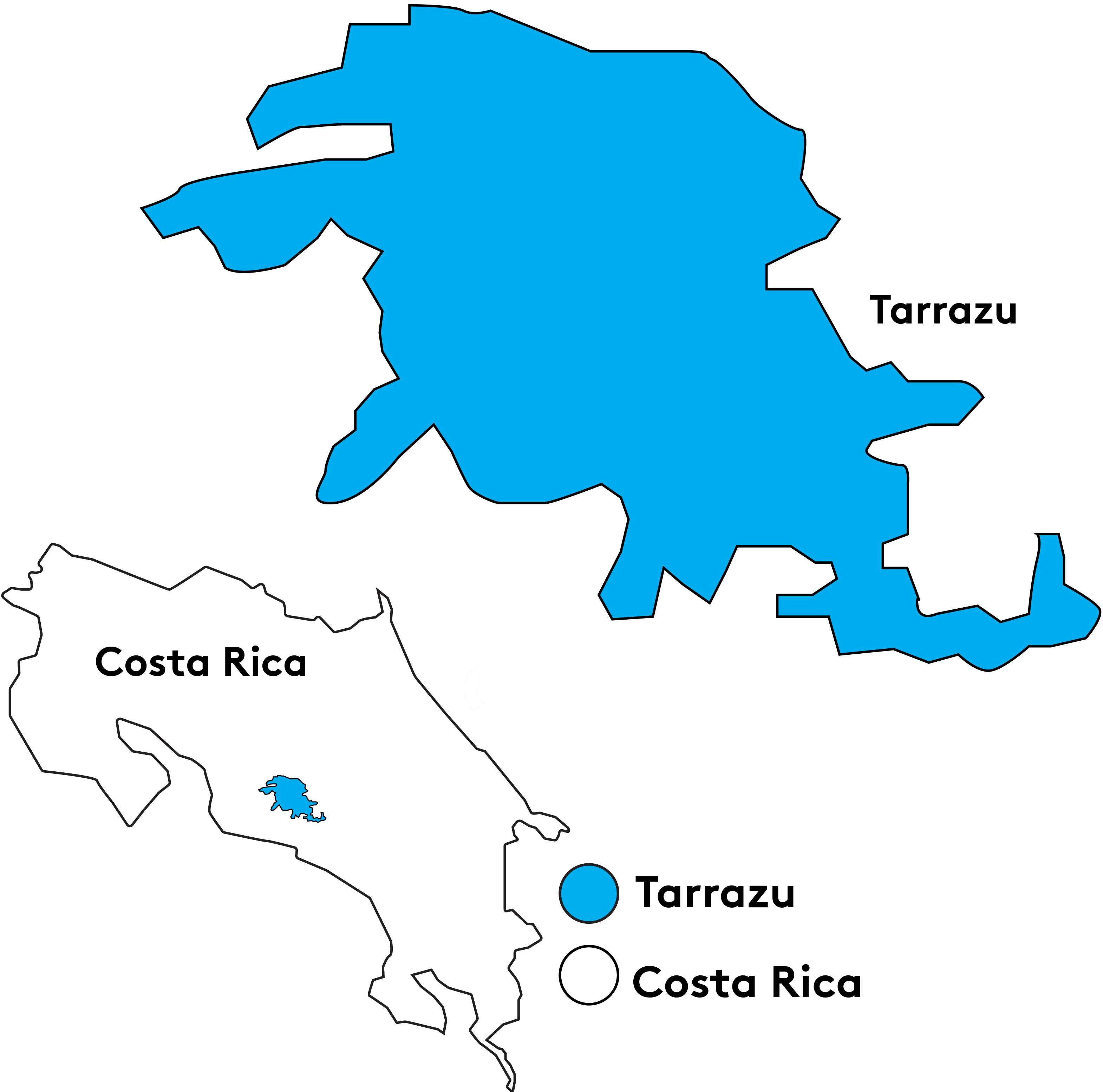Luis Vindas began his coffee journey at a young age, accompanying his brother to work at a nearby coffee farm. After many years of experience, he began cultivating his own crops, telling us, “At the age of 25 I was given the opportunity to buy a property with coffee and start producing. From there I began to have more contact with coffee and everything that entails. During those years my love for coffee grew more and more, therefore my interest in buying more land to produce more also grew.”
Over time he was able to purchase another property with a good altitude for producing specialty coffee, and his interest in the crop grew even greater. A few years later, he and his family decided to begin processing some of their own coffee, and the Luis Vindas Micromill was established. “After learning a little more about it, I built some African beds for drying the coffee and that first year I carried out a Natural process,” he says. “From then on, with more knowledge we were putting into practice different processes and more amounts of coffee [while always maintaning] my passion to continue cultivating seedlings.”
This lot of Red Catuai underwent Reposado Honey processing. Freshly harvested coffee cherries were pre-fermented in bags in the shade for 48–72 hours. The pre-fermented coffee was then pulped, and the pulped coffee was then fermented in metal barrels for another 48–72 hours. The fermented coffee was then spread onto raised beds with full sun exposure and dried for approximately three weeks to reach its ideal humidity.
